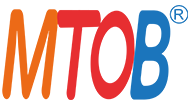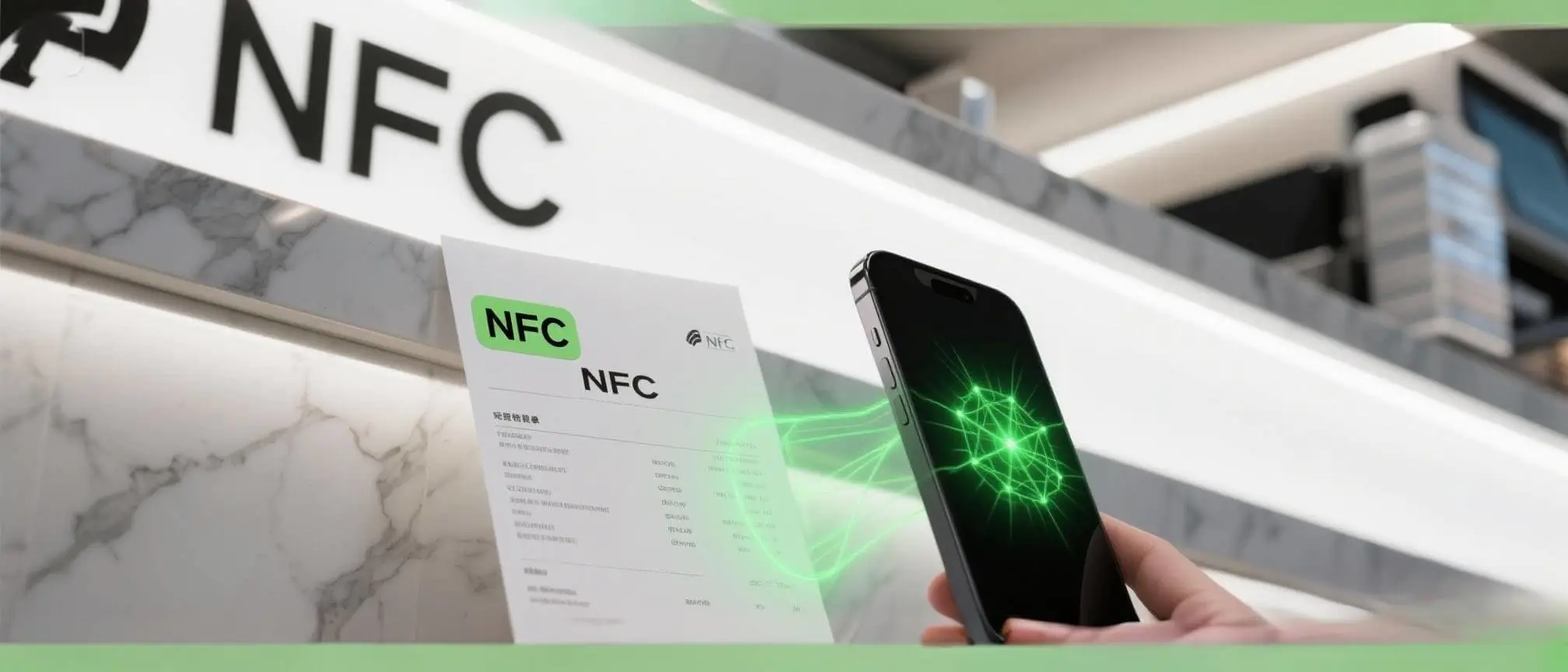The Industry Pain Points of Hotel Linen Management
Linen Loss and Damage Rates Reach 15%-20%
Hotel linen management has long been plagued by significant losses, with industry data showing that 15% to 20% of linens are lost or damaged annually. This not only increases operational costs but also disrupts service quality when clean linens are unavailable for guest rooms. Traditional tracking methods, reliant on manual counting and barcode scanning, fail to provide real-time visibility, making it nearly impossible to pinpoint where losses occur—whether during laundry, storage, or guest use.
Excessive Washing Leads to Water and Energy Waste
Without data-driven insights into linen usage, hotels often adopt a “one-size-fits-all” washing approach, cleaning linens after every guest stay regardless of actual need. This overwashing not only wastes thousands of gallons of water but also increases energy consumption for heating and drying. A typical hotel with 300 rooms can consume over 10,000 liters of water daily on unnecessary linen washes, contributing to both environmental strain and higher utility bills.
Low Efficiency and High Error Rates in Manual Counting
Manual inventory checks are labor-intensive and error-prone. A housekeeping team might spend 4-6 hours daily counting linens, with accuracy rates as low as 65%. Mistakes in tracking lead to overstocking of certain items and shortages of others, further complicating operations. During peak seasons, these inefficiencies can result in delayed room turnovers and guest dissatisfaction.
Lack of Data for Lifecycle Management
Without visibility into individual linen usage, hotels struggle to determine optimal replacement cycles. Some linens are discarded prematurely due to perceived wear, while others remain in circulation past their prime, compromising guest comfort. This guesswork leads to unnecessary purchases and increased landfill waste, contradicting the growing demand for sustainable hospitality practices.
How RFID Reshapes the Linen Management Ecosystem?
Full-Process Visual Tracking
RFID laundry tags, such as those offered by TEX-BIT, enable end-to-end visibility by embedding durable, washable tags into each linen item. These tags store unique identifiers that can be scanned at every stage—from guest room collection to laundry processing and storage. For example, when linens are sent to the laundry, RFID portals automatically count items and update their status in real time. This eliminates manual errors and provides managers with precise data on inventory levels.
Moreover, RFID technology tracks the number of washes each linen undergoes, allowing hotels to monitor wear and tear scientifically. A study by Centrex Technologies found that hotels using RFID saw a 99.7% accuracy rate in inventory tracking, compared to 68% with manual methods.
Intelligent Washing Decision Systems
RFID integrates with smart laundry systems to optimize washing cycles. By analyzing data from tags, the system can identify lightly used linens that only require spot cleaning and separate heavily soiled items for intensive treatment. For instance, a towel with minimal usage might be flagged for a cold-water rinse, while a stained bed sheet triggers a hot-water cycle with extra detergent. This targeted approach reduces unnecessary water and chemical usage while extending linen lifespan.
Additionally, RFID tags facilitate automatic sorting of different fabrics, preventing damage from mixed loads. Hotels report that this feature alone reduces linen damage by 35%, as delicate materials like silk are no longer exposed to harsh washing conditions intended for cotton.
Green Practices for Water and Energy Efficiency
Revolutionary Reduction in Resource Consumption
The adoption of RFID laundry tags has led to dramatic reductions in resource use. For a hotel processing 10,000 linens daily, RFID-enabled systems cut water consumption by over 30%, saving approximately 3,000 liters per day. Detergent usage is also reduced by 25%, as the precise tracking of soil levels ensures chemicals are only used when necessary. These savings translate to annual utility cost reductions of $20,000–$50,000 for mid-sized hotels, according to industry benchmarks.
Scientific Extension of Linen Lifespan
RFID data helps hotels determine the optimal replacement time for linens, avoiding premature disposal. By tracking wash counts and wear patterns, managers can identify when linens reach 80% of their lifespan and schedule replacements proactively. This practice extends linen life by 20–30%, reducing the need for frequent purchases. For example, Marriott International reported that RFID implementation allowed them to extend bed sheet lifespan from 18 months to 24 months, cutting procurement costs significantly.
Added Value for Hotel Operations
18% Reduction in Linen Procurement Costs
By minimizing loss and extending linen life, RFID technology reduces the need for frequent replacements. Hotels using RFID report an 18% decrease in annual linen purchases, with some luxury chains saving over $100,000 per year. For instance, Hilton Worldwide implemented RFID across 50 properties and saw a collective annual savings of $2.3 million in linen procurement.
80% Reduction in Manual Inventory Time
Automated RFID scanning eliminates the need for manual counting, freeing staff to focus on guest-centric tasks. A hotel with 500 rooms can reduce inventory time from 6 hours to just 1 hour daily, a productivity gain of 80%. This efficiency boost also enables more frequent inventory checks, ensuring linens are always available when needed.
40% Lower Guest Complaint Rates
RFID ensures that guests always receive fresh, high-quality linens, reducing complaints about stained or worn items by 40%. Real-time tracking also prevents situations where rooms are left unmade due to linen shortages. A survey by Hospitality Technology found that hotels with RFID linen systems scored 12% higher in guest satisfaction ratings for room cleanliness.
Global Case Studies
Marriott International: Saving Over 20,000 Tons of Water Annually
Marriott implemented RFID across 300+ hotels and achieved remarkable results: annual water savings exceeding 20,000 tons, linen loss reduction by 75%, and a 22% decrease in laundry operational costs. The chain’s sustainability report highlighted RFID as a key driver in meeting its 2025 water conservation goals.
Hilton: Linen Loss Rate Reduced to Below 5%
Hilton’s adoption of RFID technology brought its linen loss rate down from 18% to under 5%, a reduction of over 70%. The system’s ability to track linens in real time enabled the chain to recover misplaced items and identify theft patterns, further lowering replacement costs.
Japanese Hot Spring Resorts: 3x Improvement in Laundry Efficiency
Japanese ryokans (traditional inns) using RFID reported a threefold increase in laundry processing efficiency. By automating sorting and tracking, these establishments reduced labor costs by 40% and improved linen turnover speed, allowing them to accommodate more guests without expanding laundry facilities.
The Future Evolution of Smart Laundry Rooms
IoT Humidity Sensors for Automatic Scheduling
Future laundry systems will integrate IoT humidity sensors with RFID data to optimize drying cycles. Sensors will detect moisture levels in linens, adjusting drying time dynamically to prevent over-drying and energy waste. This “smart scheduling” is projected to reduce energy use by an additional 15%.
AI-Powered Stain Recognition and Grading
AI algorithms will soon analyze images from RFID-tagged linens to identify stain types and severity, automatically triggering customized cleaning protocols. For example, wine stains might prompt a pre-soak cycle, while oil stains would require specialized detergents. This technology is expected to reduce rewash rates by 50%.
Blockchain for Supply Chain Carbon Footprint Tracking
Blockchain integration will enable hotels to track the entire lifecycle of linens, from manufacturing to disposal, providing transparent data on carbon emissions. Guests will soon be able to view the environmental impact of their stay, including linen-related water and energy use, enhancing brand trust and loyalty.
As the hospitality industry embraces sustainability, RFID laundry tags have emerged as a transformative solution, addressing operational inefficiencies while reducing environmental impact. By combining real-time tracking, data-driven insights, and smart automation, hotels can achieve significant cost savings, improve guest satisfaction, and lead the way in eco-friendly hospitality.
Why Choose Mytopband?
- Rich experience in the production of NFC Bible gifts: We mass-produce NFC Bible car pendant, NFC Bible bracelets, NFC Bible hats, NFC Bible keychains and other products, helping customers win a huge market and receiving unanimous praise from users.
- Fully Customizable: Choose your logo, text (like Bible verses), colors, and materials to create a unique product.
- Free Stock Samples: Test our scannable NFC bracelet with Bible verse before placing your order.
- Low MOQ as 500pcs: Perfect for startups and small businesses.

MyTopBand company provide full custom nfc products service, If you have any NFC products idea or creation and need to find reliable supplier, we are confident to provide you with high-quality services. Please find us: www.mytopband.com, or send message to info@mytopband.com, we will reply you within 24 hours.

